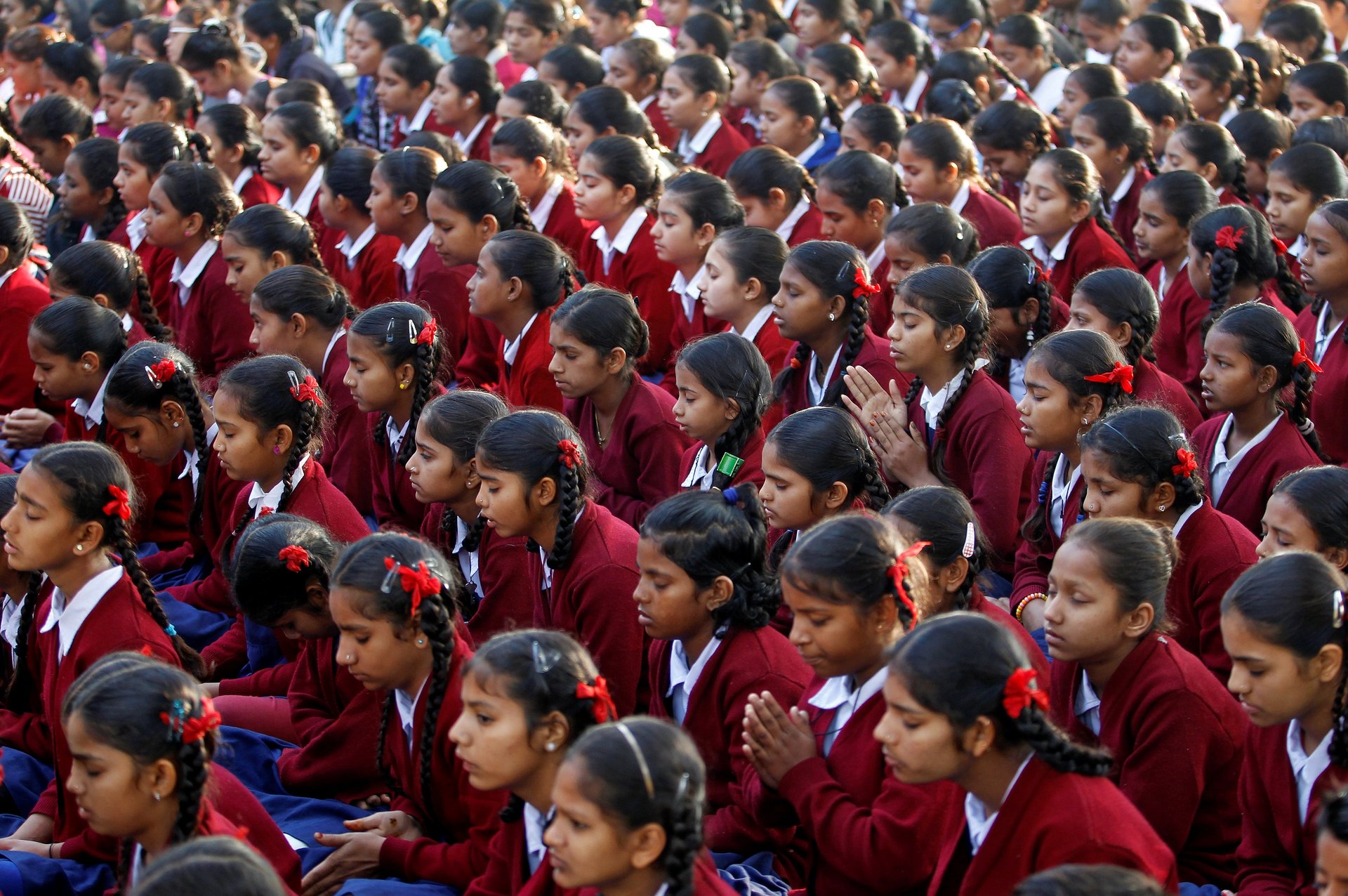Most kids around the world go to school, but too many don’t learn enough—and we don’t know why
The world has made tremendous progress in raising global education rates since 2000. About 90% of primary-school age children are enrolled, and the total number of primary- and secondary-school age who are not enrolled has been cut in half (pdf, p.1). And more girls than ever go to school—and fewer drop out.


The world has made tremendous progress in raising global education rates since 2000. About 90% of primary-school age children are enrolled, and the total number of primary- and secondary-school age who are not enrolled has been cut in half (pdf, p.1). And more girls than ever go to school—and fewer drop out.
But “going to school isn’t the same as learning,” says Girindre Beeharry, the director of global education at the Bill and Melinda Gates Foundation. Beeharry says even after years of going to classes, far too many kids leave school with very limited skills.
That’s not an easy problem to fix. In the world of health care, there are certain challenges that can be solved relatively simply: for example, if there’s an outbreak of a disease with a known vaccine in a given country, other countries can export stocks of that medicine to the suffering region. There are no real parallels in the world of education. What’s worse, says Beeharry, we don’t have effective, objective ways to measure the quality of education in terms of results.
For example, the data currently collected make it nearly impossible to compare achievements between countries: “I couldn’t tell you how India is doing vis à vis Pakistan, or any other country,” says Beeharry. This makes it very hard to track progress in any one country.
The Gates Foundation intends to try to change that. It’s launching a $68 million global-education program focusing on low- and lower-middle-income countries, with the goal of developing a better understanding of how education works—or doesn’t—around the world.
The program is unique, particularly for a foundation known for big investments and a desire to solve known issues, such as eradicating polio: Not only is the investment relatively small, at $68 million, but the approach is uncharacteristically problem-first. This means that rather than attempting to apply solutions, it will focus on identifying what the problems are, at both the classroom and country levels.
To do so, the foundation will partner with local organizations already working in the field, supporting their research work and building on the knowledge they’ve already gleaned. India will be the pilot country, since it offers a number of ideal conditions: Its huge population make it a rich ground for research, says Beeharry, and it has a plenty of local organizations with “enormous capability and expertise” for the Gates Foundation to partner with.
The program will then be rolled out to other countries with similar conditions. Most likely, says Beeharry, those will be in sub-Saharan Africa, but they have yet to be identified.
In addition to the country-level work, the program will sponsor a more international endeavor to find ways to harmonize data on a global level. The goal is to improve our ability to compare education across borders, which should enable improved knowledge-sharing between countries with similar conditions: Tanzania, for example, is unlikely to be able to replicate models that have worked in Finland, but could perhaps import lessons from Nepal.